About Us
All Roads – Leading the way Home

We End Homelessness One Person at a Time
Although historically known for providing up to 180 beds of shelter each night and hot meals, All Roads is actually having a much bigger impact than simply operating its shelter.
All Roads is a multifaceted homeless service provider that is housing focused in everything we do and every service we provide. All Roads believes that the road to recovery from homelessness, and all the challenges and conditions that often come with it, starts with a home. We are committed to the idea of leveraging our efforts, expertise and resources to effect as many exits from homelessness as possible. Housing focus is an approach that prioritizes breaking the cycle of homelessness by focusing on any available assistance and intervention that leads to a safe and stable place to live, as quickly as possible.
Housing-focused Services in Action
All Roads Housing Focused Shelter – whether engaging with us during the day, or staying with us during the evening, we want to leverage our basic needs and critical emergency shelter services by connecting our clients to interventions that help a person find their own road out of homelessness.
All Roads Permanent Supportive Housing – through a variety of critical partnerships, our housing team provides rental assistance, housing navigation and ongoing tenant supportive services all in the effort to find create housing permanence for our clients. By the end of 2025, All Roads will be supporting nearly 300 individuals in their homes every night.
All Roads Housing Focused Outreach – street and hospital outreach that is primarily focused on creating access to housing resources to our community’s homeless who are unsheltered and/or frequently using Emergency Department services.
All Roads Property Management – All Roads owns 24 units of housing dedicated to those who are often most difficult to house filling a critical housing gap for those with no other road out of homelessness.
All Roads Coordinated Entry – All Roads helps run the County’s homeless system point of entry process. By focusing on housing, we can divert nearly 1 in 12 people seeking services to a home and prevent them from having to enter the homeless service system.
All Roads Respite Services – In partnership with the City of Boulder, we offer respite services to individuals with serious medical conditions that need a discharge plan to a safe and stable Shelter bed instead of being released to the streets. From there, our team focuses on finding appropriate housing solutions whenever possible.
Our Housing Focused Approach Works!
In the last decade we have helped over 2,700 people exit homelessness. In 2024 we helped 413 people gain or maintain permanent housing. Housing individuals reduces their Emergency Room visits by 80% and their municipal charges by a staggering 90%!
Our Purpose
We believe that all people deserve the necessities of life and that the community in which we live is called to serve this purpose.
Our Mission
To create avenues to stable housing for our community’s homeless adults, from a foundation of supportive services and safe shelter.
Our Values
Treat all with dignity. Offer support and opportunity. Achieve results through competence and creativity. Practice responsible stewardship.
Our Team
Experienced, Innovative, Results-Oriented
Our Team
Experienced, Innovative, Results-Oriented
Executive Team
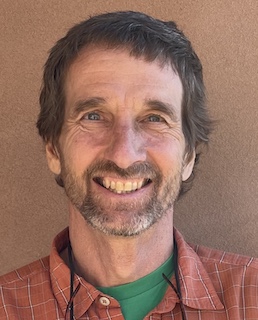
Mike Block
Chief Executive Officer

Andy Schultheiss
Chief Development & Communications Officer
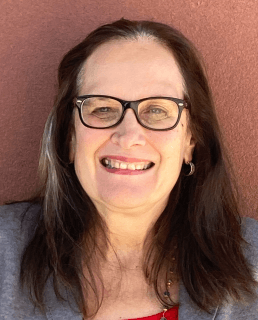
Sandy Halin-Adams
Chief Financial Officer

Spencer Downing
Chief Shelter Program Officer
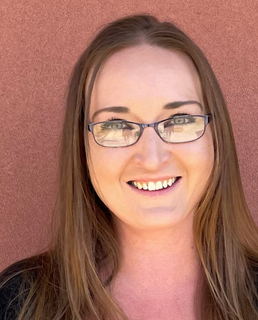
Meagan Randall
Chief Housing Officer
Management Team
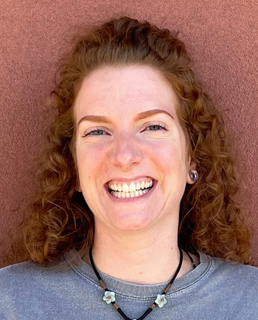
Molly Bardou
Director of Shelter Services
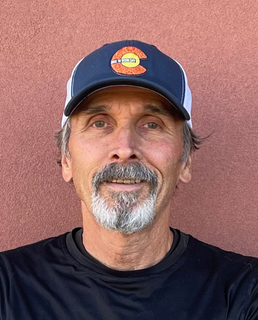
Mike Rauer
Director of Facilities
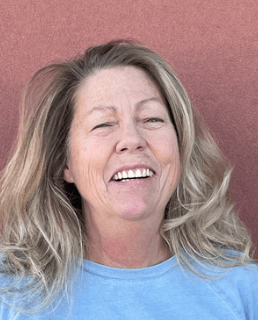
Marybeth Bannon
Director of Dining Services
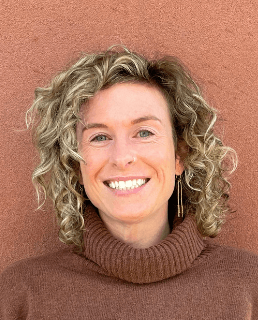
Amelia Esh
Permanent Supportive Housing Program Manager
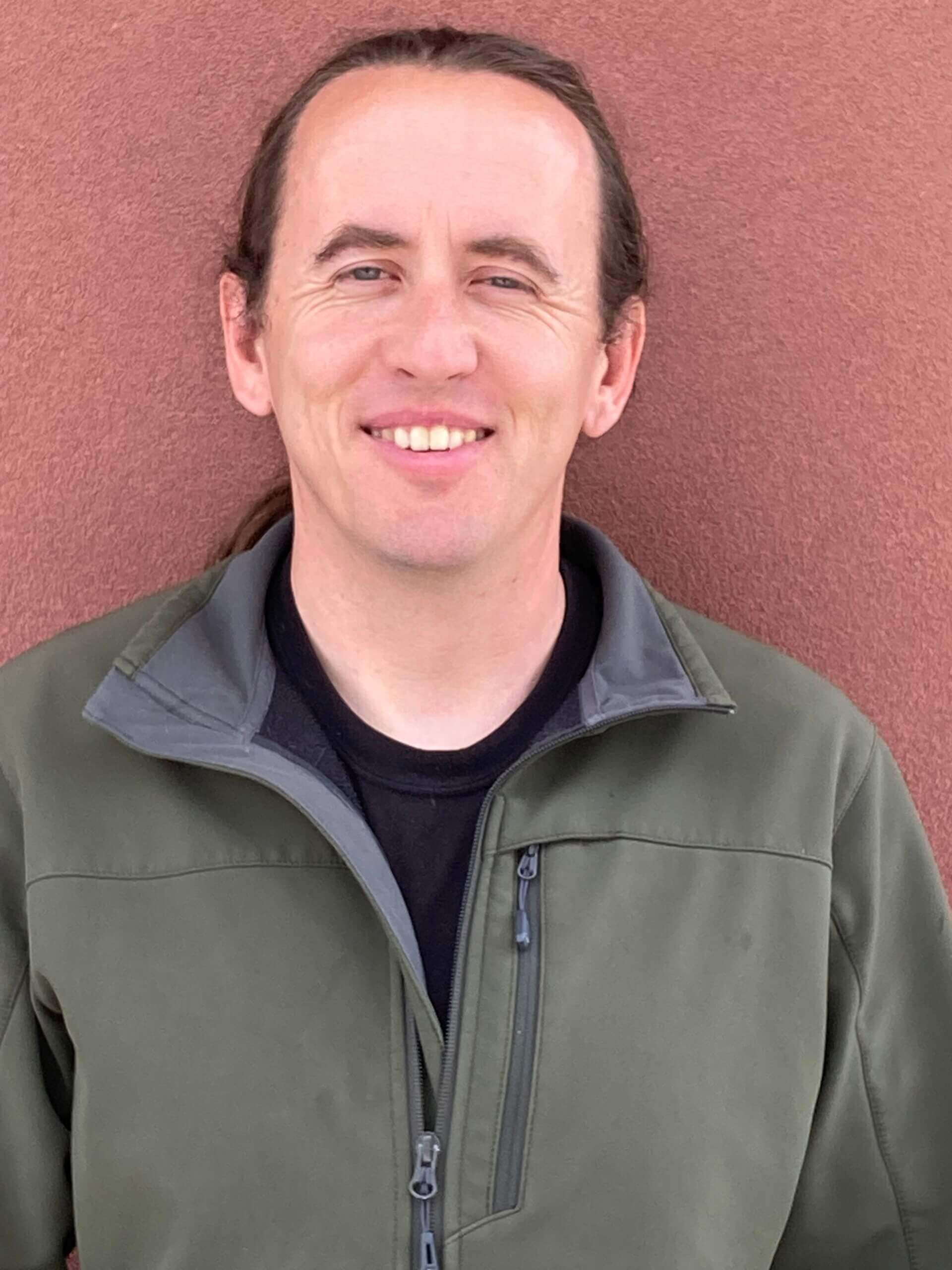
Brian Hoium
Assistant Director of Shelter Services
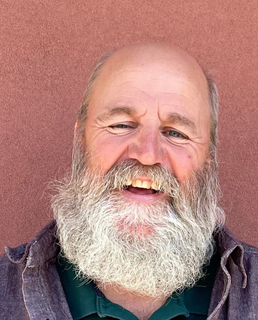
Tim Schaaf
Client Services Manager
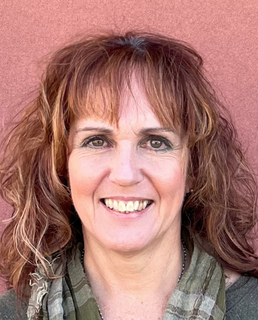
Tracy Smith
Human Resource Manager
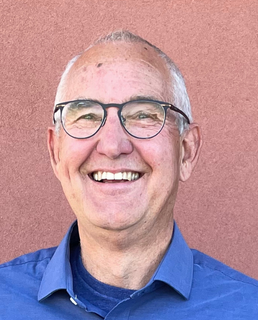
Hap Pitkin
Development & Grants Manager

Sandy Sincek
Communications and Online Content Manager
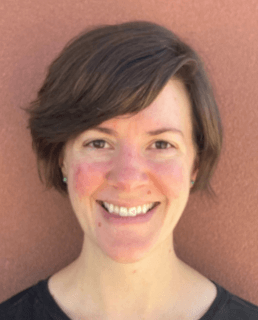
Lily Brown-Johnson
Volunteer Program Manager
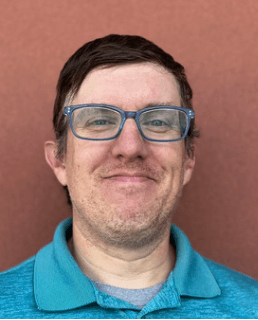
Rob Rowe
Program Staff Supervisor
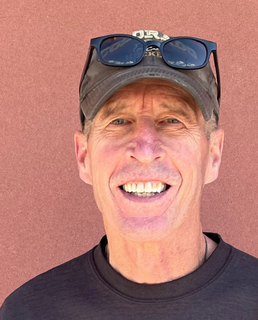
Chris Byrne
❤️ In Memoriam ❤️


All Roads also has many dedicated Program Staff, Support Staff and Case Managers who not only provide support and care to the people in our programs, but also ensure the programs remain open and operational year-round. Without all of our staff, this work could not get done!
Our History
Grassroots Efforts

![]()
Beginnings
In the winter of 1982, in response to the death of a local homeless veteran who died of exposure in downtown Boulder, a group of concerned citizens formed the Task Force on Shelter and Food for the Poor.
In 1987, we became a 501(c)(3) nonprofit corporation and moved to 4645 N. Broadway in order to expand services to those in need. In 2003, we opened a new facility in north Boulder that remains the location for our housing-focused shelter today.
All Roads is a community effort, and relies on the support of those donors and volunteers who refuse to stand idly by while others suffer through bitterly cold nights for lack of housing.
Barbara Farhar, the original director of the Shelter Task Force, below shares her story of our humble, and inspiring, beginnings.
It started entirely as a grass-roots volunteer effort, just concerned people who wanted to do something about homelessness. There was an abandoned bus terminal downtown which was OK’d for temporary use, and Sister Donna Ryan of St. Thomas Aquinas ran the Shelter for a few months that first winter, then closed it in the spring.
A city official at the time had done a “study” and concluded that there were 24 homeless people in Boulder, and they all chose to live on the street, so no shelter was necessary. We felt a little differently, so I was elected chair of the Task Force and charged with finding a site – the bus terminal was going to be torn down. Sister Donna was about to leave Boulder after being reassigned, but had decided that a recently vacated building at 5th and Canyon would make a great shelter. So she was praying about that.
The site Sister Donna had selected was on the market for $250,000. The Shelter Task Force had $127,000. So we had someone running around town looking for an affordable site, but with only weeks to go before the snow started flying, it looked hopeless.
Then some investors purchased the site at 5th and Canyon, which had a large, almost-windowless metal building on it. They were holding the property for future development, but wanted a tax break in the meantime. Through Task Force contacts, the investors decided to donate the building and lease the property to us for $200 a month. It was an unbelievable break. Sister Donna must have had her connections, that’s all I can say.
We had a building, but there was a tremendous amount of work to be done before it could house people, and we still had no money. I went to see Reverend Bert Womack, who headed the St. Francis Center in Denver, and spent an hour explaining what the Task Force was trying to do. The issue of money wasn’t even really brought up. Then, after I was out of my chair and heading to the door, the Reverend said, “Oh, just a minute – I’ll be sending you $500 a month for the next year to support the Shelter.” I couldn’t believe it.
Then we started making appeals through local media and raised some money, so our kitty grew to about $15,000. Still, there was much to be done. I remember walking through the building with city inspectors on a freezing afternoon, trying to take notes while wearing ski gloves because we hadn’t been able to get the gas or electricity turned on. There were no lights, no heat.
But things we needed would just appear. Every morning I’d go in and find donations out front … mattresses, sheets, even a washer and dryer. One day a man came walking in and said he was a carpenter … could we use his help? Someone had donated two dozen sheets of drywall, so he got to work.
The new Shelter was finally ready to open in January, and provided shelter for 225 people that winter, not 24. Word got out that there was no kitchen, so volunteers started bringing in food, and there was even a doctor who would come by to do examinations.
The community wanted this to happen – it never would’ve happened without that. It became a community agency, and has been so since, showing that people can make a difference, that real change is possible.
It was all just miracles happening – and as much as we gave, we kept getting back even more. A couple came in to make a donation, and said, “You have no idea how grateful we are you’re doing this. Our son is mentally ill and has wandered away, and we just pray that wherever he is, someone else is doing what you are here … we feel like you’re doing this for everybody’s children.”



